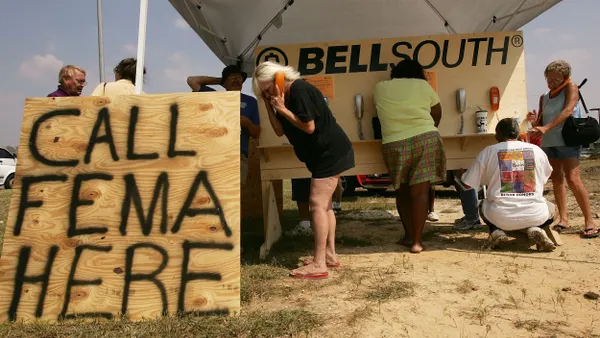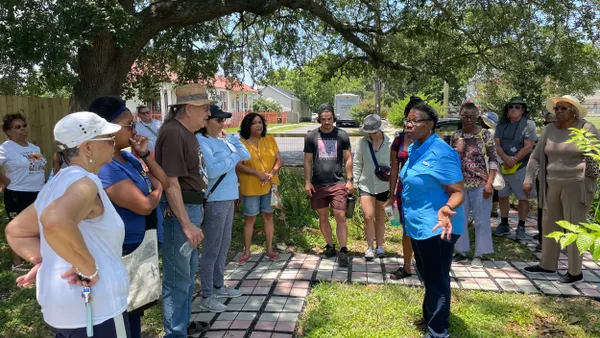Dive Brief:
- District of Columbia City Councilwoman Mary Cheh has introduced a measure to require 100% of the city's energy to come from renewable sources by 2032, while enacting new standards for buildings and increasing funding for energy efficiency.
- However, Cheh's bill was actually a disappointment to some clean energy advocates in the city, who were in talks with the councilwoman to introduce a carbon tax that would have started at $10/ton.
- Hawaii is currently the only state with a 100% renewable energy goal, but others are considering the idea. No state has enacted a carbon tax, though some have tried.
Dive Insight:
Among aggressive carbon reduction goals, a 100% RPS may soon become common. While Hawaii was first to declare a 100% renewables goal, several states have considered it, including California, Massachusetts, New York, Oregon, Washington and Pennsylvania.
But so far, setting a price on carbon is a much more difficult sell for lawmakers and voters.
Carbon tax proposals have failed twice in Washington state. The New York ISO is considering a carbon pricing proposal, but dozens of large consumers have come forward to express concern. Most recently, the Pennsylvania Department of Environmental Protection published a draft plan to expand in-state solar resources, and listed "adopt carbon pricing" as one strategy.
While activists in D.C. pressed Cheh to consider a carbon tax, the councilwoman said she was wary of additional burdens on local businesses. While some are disappointed with the decision, the Sierra Club hailed the plan.
Cheh is behind a proposal to create an independent authority to oversee the growth of distributed resources and energy efficiency. The authority would have the power to review utility investments, and the proposal has drawn concern from Pepco.











